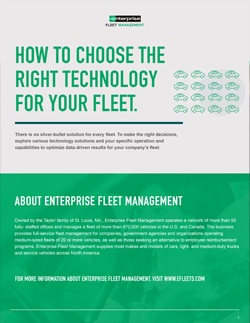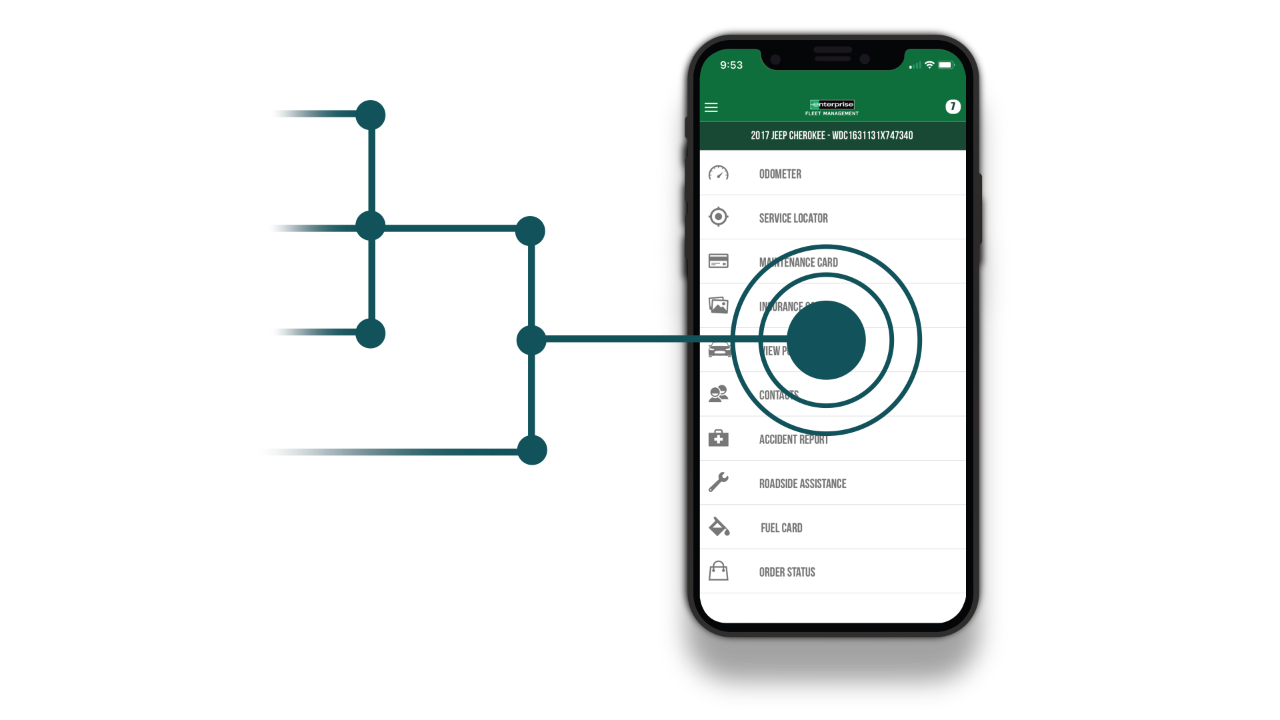It’s not just day-to-day operations that have been impacted by fleet technology. Most fleets report a benefit to the bottom line. A recent C.J. Driscoll & Associates study of 500 U.S. fleets and their use of GPS technology titled “2017-18 Survey of Fleet Operator Interest in MRM Systems and Services” found 66% of respondents reported that they have recouped their investment, some in as little as six months. One fleet reported that its ongoing monthly return on investment has been about $50,000 per month1.
Ultimately, making the right technology-informed decisions give fleets key insights to learn more about their total cost of ownership (TCO) of vehicles and other operational aspects of the fleet.
However, if the staff person managing the fleet doesn’t know what technology is best suited for the individual fleet’s operations, doesn’t know how to use the technology, or doesn’t know what data points offer the best insights, the technology will ultimately be more of a hindrance than a help.
When approaching a fleet technology buying decision, there is no one-size-fits-all solution for every fleet — and there is no silver bullet that will address all of your fleet’s challenges or decisions. To make the most of technology platforms, expertise and experience are critical. A fleet management company (FMC) can help companies make the right decisions about technology and data management to enhance efficiency and the bottom line.
CHOOSING A CRITERIA
For technologies to enhance a fleet, it’s critical to choose a solution that can be customized to the company’s specific needs.
“Technology decisions really depend on the needs of the particular fleet, the diversity of the fleet, the size of the fleet, and how and in which ways technology can be engaged to really accomplish their goals,” says Jeff Schuchardt, Vice President of Information Technology at Enterprise Fleet Management.
He notes that the correct use of technology can impact a number of operational factors, such as minimizing downtime for drivers and vehicles.
To get started, fleet managers, their stakeholders, and their fleet management partners need to answer some fundamental questions about the fleet, including:
- How are we currently tracking current vehicle performance (such as mileage and maintenance), and how could the process be improved?
- What is the purpose of the technology and what vehicle and overall fleet data will help make us more efficient?
- Who needs to have access to the data and who will make actionable decisions based on the output?
- Can the technology integrate with the company’s existing software solutions?
- How will drivers use the technology?


